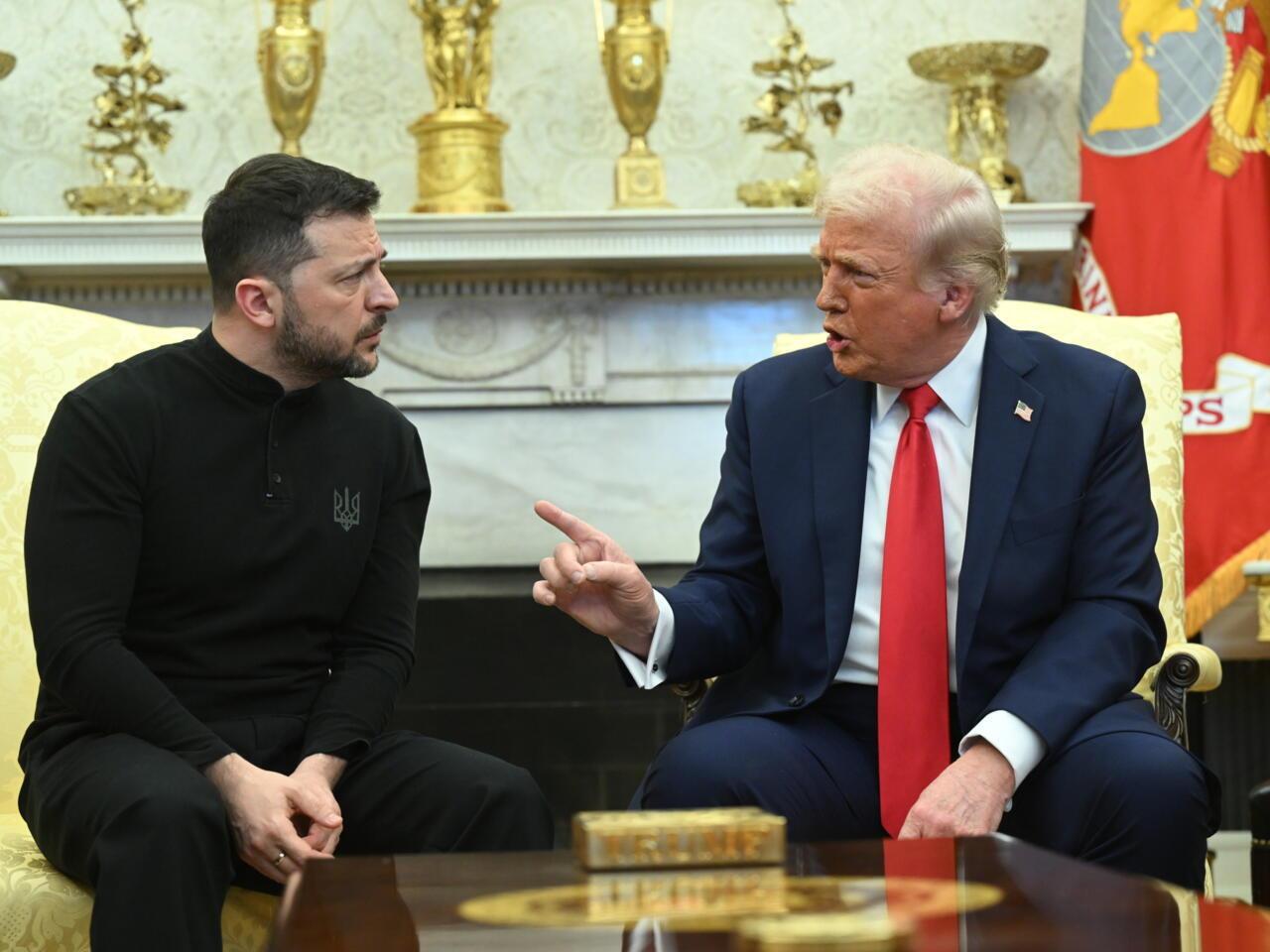
Foreign Minister Hakan Fidan emphasized the crucial role of American support in Russia-Ukraine peace negotiations, stating, "We find America's belief and support for these talks extremely important. Trump's determination to establish peace has opened a new window of opportunity," as the second round of direct talks between the warring nations commenced in Istanbul on Monday.
Speaking as Türkiye positioned itself as a key facilitator in the diplomatic process, Fidan outlined his country's commitment to achieving sustainable peace.
"The main thing is to ensure a sustainable peace. In this way, it will contribute to the solution of many issues such as energy, food, and transportation security experienced in the global arena," he said. "As Türkiye, we are ready to take every facilitating step in this process."
The foreign minister expressed optimism that productive discussions would yield concrete progress in the shortest possible time, highlighting the significance of sustained American engagement in the peace process.
President Donald Trump has evolved his approach to the Russia-Ukraine conflict since taking office in January 2025, moving from promises of resolving the war in "24 hours" to acknowledging its complexity and stepping back from direct mediation.
Following a two-hour phone call with Russian President Vladimir Putin in May, Trump announced that Russia and Ukraine would "immediately" start ceasefire negotiations, describing the call as having an "excellent" tone and spirit.
Trump has indicated that the conditions of a cease-fire would be negotiated directly between Russia and Ukraine, marking a shift from earlier suggestions that he would personally broker a deal. "Russia and Ukraine would negotiate the conditions themselves, as they know the details of a negotiation that nobody else would be aware of," Trump stated, while suggesting potential trade benefits for both nations post-war.
The U.S. president has expressed frustration with both sides, particularly after Russia's continued military actions, including massive drone and missile attacks on Ukraine following the first round of Istanbul talks. In a rare rebuke, Trump called Putin "absolutely crazy" and threatened U.S. sanctions, though no new sanctions have been imposed.
Ukrainian President Volodymyr Zelenskyy warned that if the Istanbul talks fail due to Russian intransigence, Western allies must respond with enhanced economic pressure. He specifically called for the European Union and the United States to impose additional sanctions on Moscow should Russia prove unwilling to engage constructively in the negotiations.
Zelenskyy described the ongoing diplomatic efforts as "an opportunity" to end the war through negotiation rather than continued military action. The Ukrainian president emphasized the significance of upcoming consultations in Vilnius, including meetings with members of a coalition willing to potentially deploy foreign troops in Ukraine as part of security guarantees.
"Very important issues regarding European and Ukrainian security" would be addressed in these discussions, Zelenskyy stated, indicating the broader European dimension of the peace process.
The talks, taking place at the Ciragan Palace in Istanbul, face significant obstacles as both sides remain far apart on fundamental issues. Russia insists on addressing what it calls "root causes," including Ukraine's NATO aspirations and territorial claims, while Ukraine demands an unconditional 30-day cease-fire.
The first direct talks between the Russian and Ukrainian delegations since March 2022 occurred in Istanbul in mid-May 2025, yielding no ceasefire agreement but resulting in a commitment to exchange 1,000 prisoners of war on each side.
Trump had offered to join those talks if Putin attended, but Putin sent a low-level delegation led by Vladimir Medinsky, which Zelenskyy criticized as a "sign of disrespect" and an indication of Russia's lack of seriousness.
Additional challenges have emerged as Russia has refused to share its memorandum of cease-fire proposals in advance, prompting Ukrainian accusations of undermining transparency.
Kremlin spokesman Dmitry Peskov has stated that the process will take time and that Moscow's conditions will be discussed in Istanbul without public disclosure, while Ukraine insists on receiving Russia's memorandum in advance for what it calls a "constructive discussion."